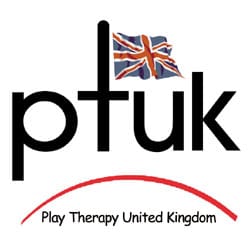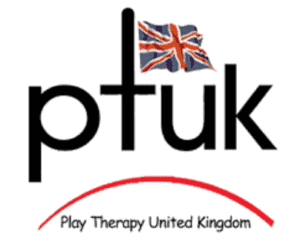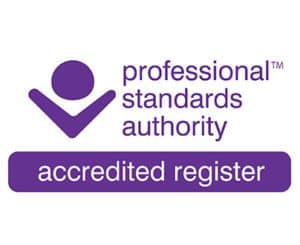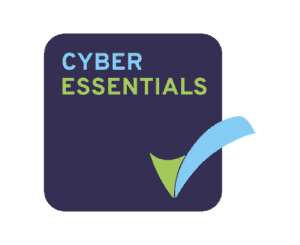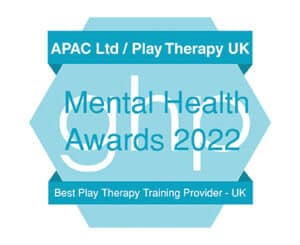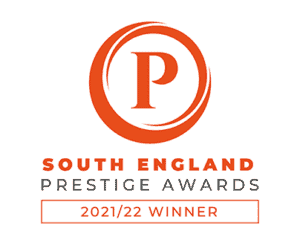Competency Profiles
The Professional Structure Model (PSM) contains a database of competencies. Competency profiles may be easily produced from it by selecting the appropriate competencies required for any post. For example the competencies required by a Learning Assistant using therapeutic play skills to develop emotional literacy will be different from a Nurse working in a children’s hospital which will be different again from an experienced Play Therapist working with behaviour and mental health problems in a variety of settings.
The PSM is under constant development. The last major revision took place in November 2006, when filial play competencies were added and the framework was harmonised with those of other psychological therapies professional organisations. PTUK is now in the process of developing multiple behaviour indicators for each competency. If you are interested in this work or would like to contribute please phone 01825 761143.
PTUK produces recommended competency profiles for its members upon request. These may then be used as a basis for producing job descriptions, person specifications and the design of training programmes. They may also be extended or amended to suit the organisation’s specific requirements.
Example of a Competency Profile – Play Therapist
